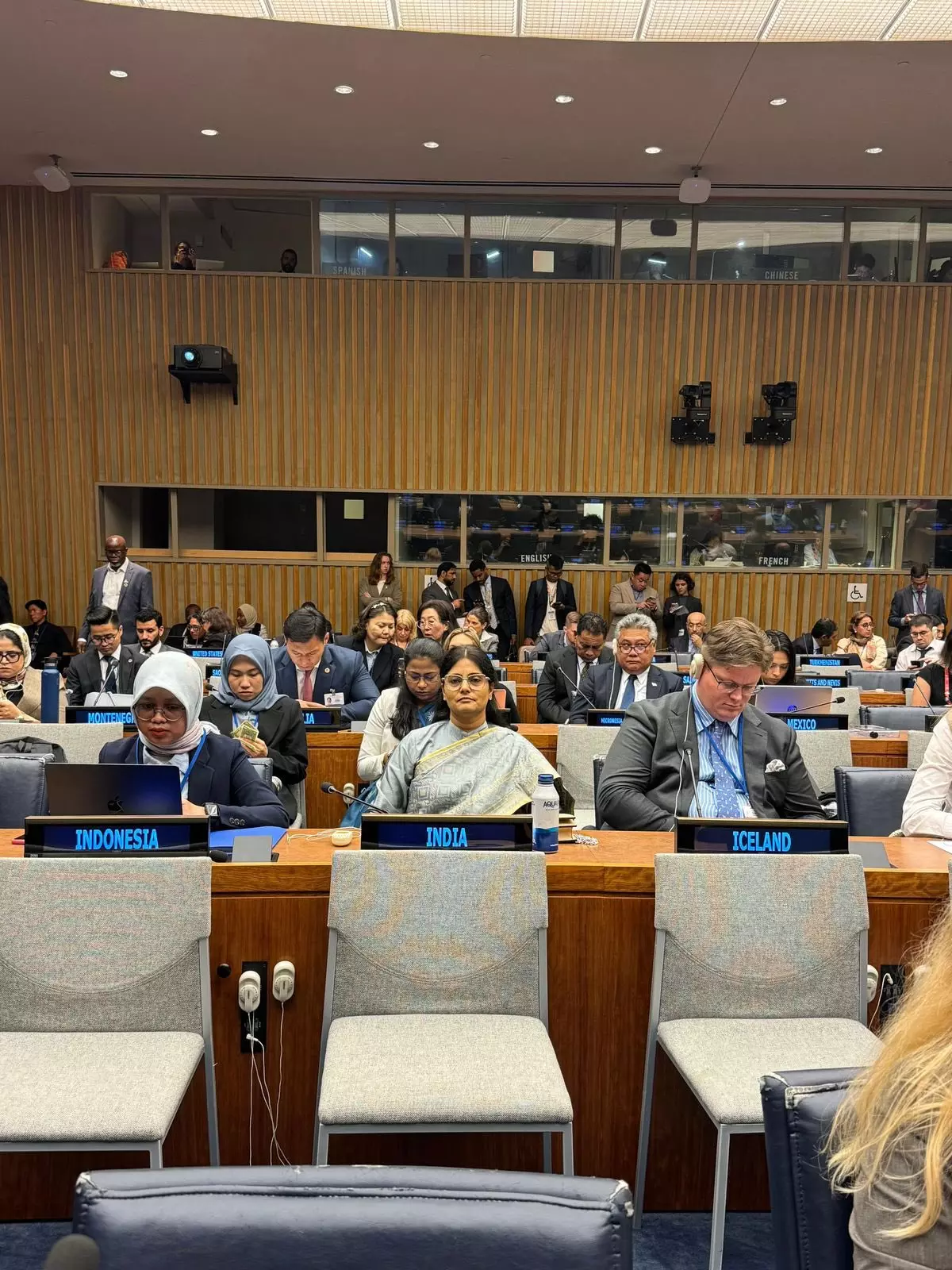India Stresses Global Cooperation at UNGA to Tackle Rising Antimicrobial Resistance

Hyderabad: India, at the 79th United Nations General Assembly (UNGA) high-level meeting on antimicrobial resistance (AMR) on Friday, emphasised the urgent need for global cooperation to tackle the rising threat.
Union minister of state for health Anupriya Patel told the conference that since the launch of the National Action Plan (NAP AMR) in April 2017, India had initiated systematic surveillance of healthcare-associated infections across the country. Regulations were now in place to ensure antimicrobials are sold only through prescriptions, and national treatment guidelines were regularly updated to promote the judicious use of these medicines.
India has also developed an antimicrobial stewardship (AMS) programme aimed at reducing unnecessary antibiotic prescriptions. The launch of NAP-AMR 2.0 this year has further prioritised inter-sectoral collaboration, with budgeted action plans and clear mechanisms for monitoring and evaluation.
“This is a significant step,” said Dr Ranga Reddy Burri, president, Infection Control Academy of India. “The action plans, whether at the national level or the state level, would not mean anything if there is no adequate funding to combat AMR,” he said.
Dr Burri informed that only six states have an action plan to combat AMR. While Andhra Pradesh became the fourth state to launch its plan in 2022, Telangana is yet to reach there.
He also called for improvements in healthcare worker training, public awareness, and tighter regulation of pharmacies to prevent the misuse of antibiotics. "Political will is crucial to achieving these changes on the ground," Dr Burri added.
At the UNGA meeting, global leaders endorsed a political declaration on AMR. This agreement includes targets such as reducing the 4.95 million annual deaths linked to bacterial AMR by 10 per cent by 2030. It also calls for mobilisation of $100 million in catalytic funding to ensure that at least 60% of countries have funded national action plans on AMR by 2030, achieved through contributions to the Antimicrobial Resistance Multi-Partner Trust Fund.

